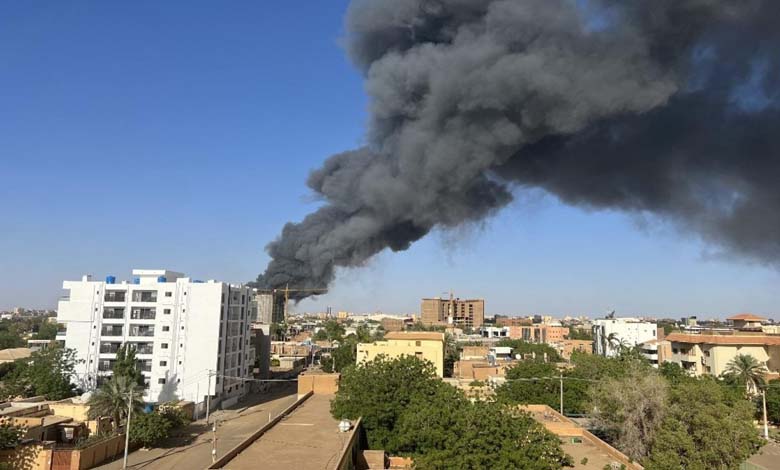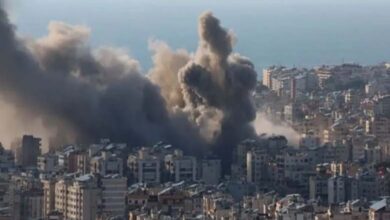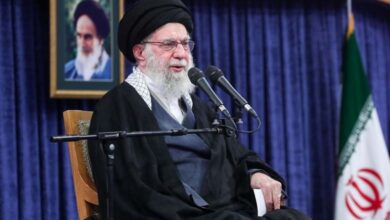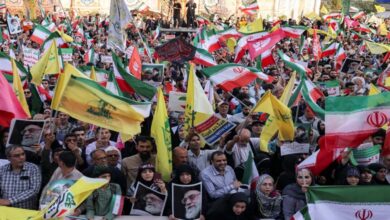How does Washington see the future of the ‘Sudanese Generals’ after the end of the conflict?

What will be the future of governance in Sudan after the current conflict ends? Will there be a role for either Lieutenant General Abdul Fattah al-Burhan, the head of the Sovereign Council and army commander, or Lieutenant General Mohamed Hamdan Dagalo “Hemeti,” the leader of the Rapid Support Forces?
Washington answered these questions by presenting its vision for the future of Sudan after the conflicts through its embassy in Khartoum. The embassy called on both the Sudanese army and the “Rapid Support Forces” not to seek a role in governance after the conflict in Sudan ends.
In a statement, the U.S. Embassy in Khartoum said that there is no military solution acceptable to the conflict in Sudan, and the only sustainable path forward is one that recognizes that the country’s political future belongs to civilians. The statement added, “Our message is clear: the Sudanese army and the Rapid Support Forces must end the fighting, fulfill their duties in accordance with international humanitarian law, respect human rights, and allow unimpeded access to much-needed humanitarian aid.”
The embassy affirmed that Washington will continue to do its utmost to stop the fighting and will “continue to stand by the Sudanese people in their constant aspiration for a democratic Sudan.”
IGAD Intervenes This comes as foreign ministers of the Intergovernmental Authority on Development (IGAD) member states are scheduled to meet next week to discuss the appointment of a special envoy to Sudan. According to diplomatic sources, the envoy will be one of the foreign ministers from South Sudan, Djibouti, or Ethiopia.
IGAD seeks to arrange a meeting between al-Burhan and Hemeti at a time yet to be determined, pending written approvals from the two generals to confirm their participation in the meeting.
Since mid-April, Sudan has witnessed ongoing clashes between the army and the Rapid Support Forces, resulting in more than 9,000 deaths and over 6 million internally displaced persons and refugees, according to the United Nations.












